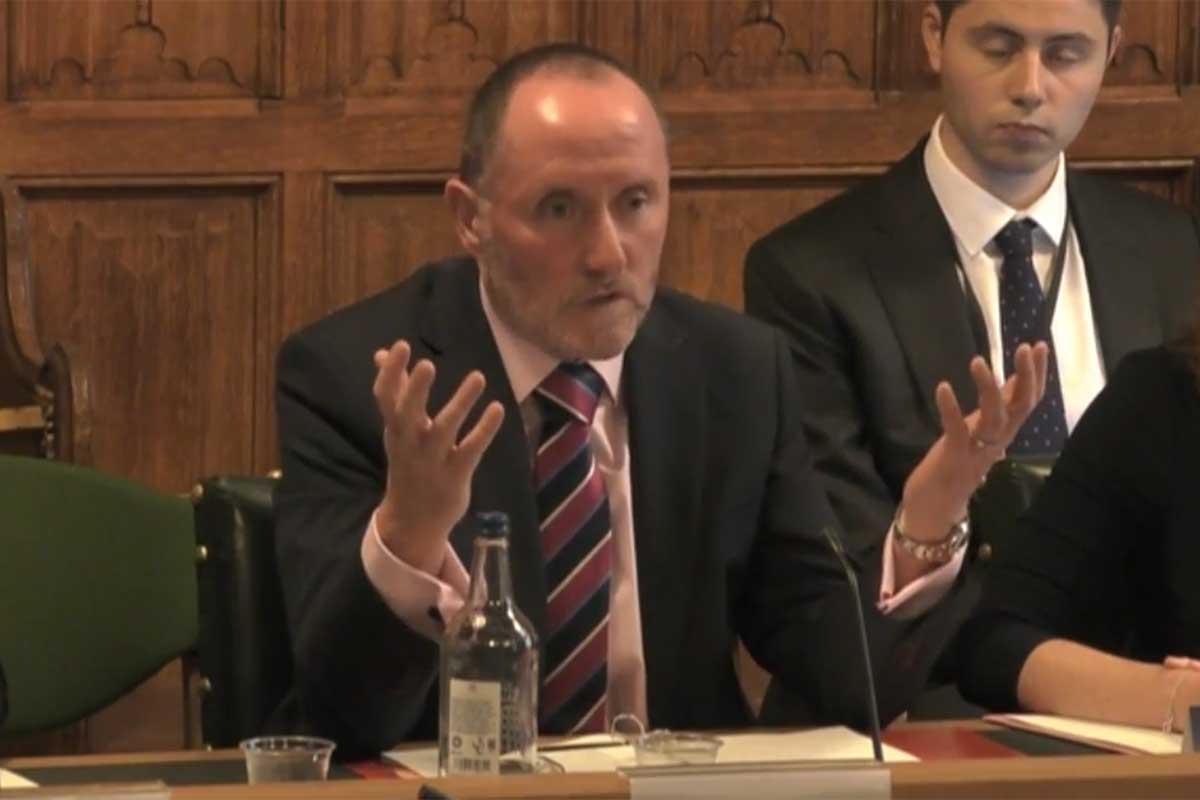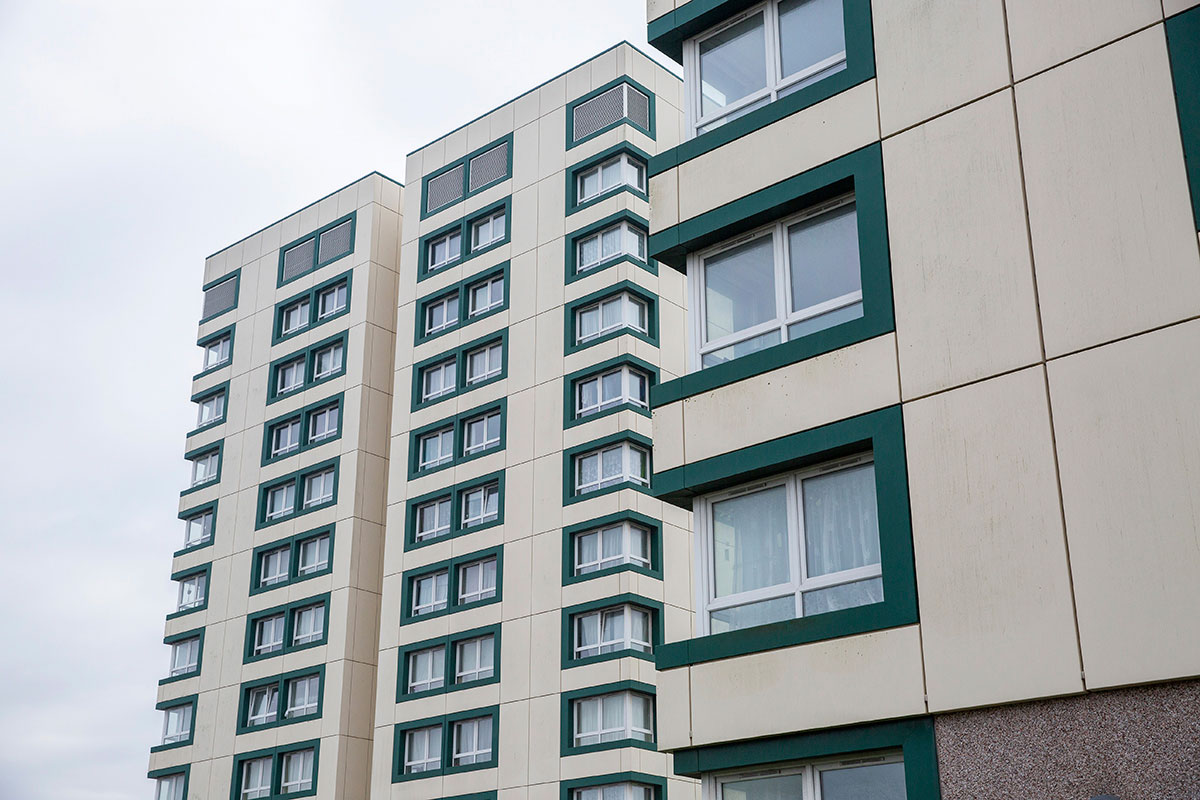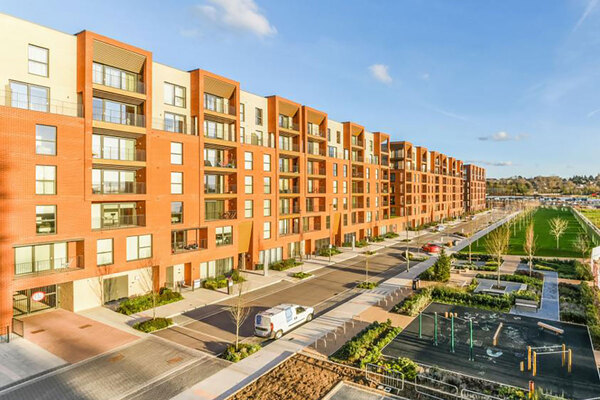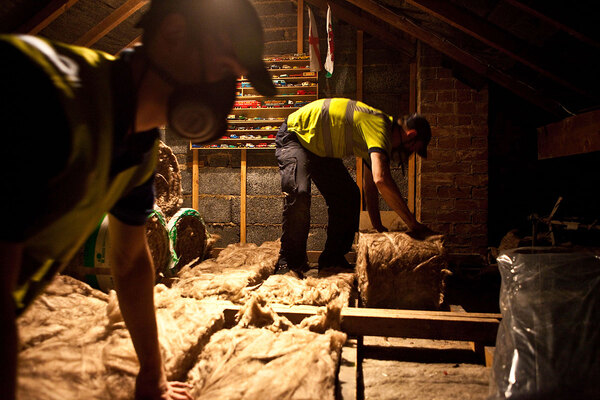Resident panel recommends salary caps for social landlord chief executives
A panel of social housing residents has recommended that salary caps are introduced for landlord chief executives.
In a new report focused on Awaab’s Law, the Social Housing Quality Resident Panel recommended a salary cap for housing bosses, repairs be investigated within two weeks following a report, and repairs are done within a maximum of three weeks.
The government announced in March last year that it was launching the panel, a week after Inside Housing revealed the plans.
Made up of 250 residents, its overall aim of improving the quality of social housing.
It forms part of a series of reforms, including the new Social Housing Regulation Act, to improve tenant engagement and the regulation of the social housing sector in the wake of the Grenfell Tower fire.
The panel’s report on Awaab’s Law follows an online discussion that 140 members took part in.
Awaab Ishak died in December 2020 as a direct result of prolonged exposure to mould in a Rochdale Boroughwide Housing flat.
Four months after last year’s inquest into the death of the two-year-old, following a campaign by the Manchester Evening News and Shelter, the government tabled an amendment to the bill called Awaab’s Law.
This will require social landlords to respond to and fix reported hazards within a specified time frame, or rehouse tenants where a home cannot be made safe.
As part of the legislation, social landlords will need to investigate and fix health hazards, including damp and mould, within strict new time limits.
Timeframes of 14 days for a landlord to investigate a problem and seven days to make repairs are being discussed, but the plans are subject to consultation.
According to the panel’s report, members generally agreed that the deadline for a repair investigation should be two weeks or less, but the most popular option was for it to start within a week of the repair being reported.
Panel members generally reported that the deadline for repairs to begin should be between one and three weeks from it being reported, with two weeks the most popular suggestion.
“This suggests that generally panel members either agreed with the timeframes proposed by Awaab’s Law, or thought they were too long,” the report said.
Members were also asked about their experience with repairs.
Nearly two-thirds of tenants who requested a repair in the past year experienced barriers in getting it fixed. They said the main issues were a lack of communication about progress and logistics, a lack of expertise among housing staff, repairs not being made to sufficient quality, and a lack of consideration for accessibility needs throughout the process.
They also reported feeling unfairly blamed for the presence of a hazard and feeling that a request for a repair was not taken seriously.
Members were also concerned about the enforcement of Awaab’s Law, particularly around the effectiveness of residents being allowed to take landlords to court if they fail to meet deadlines. They said they did not believe court action would prevent or resolve housing hazards, would not incentivise landlords to meet the deadlines, and would place the burden of enforcement on residents.
According to the report: “Based on the information provided to them during the online community, panel members were also asked whether they were confident that Awaab’s Law would improve the safety of social homes.
“Overall, panel members were confident, with two-thirds (65%) saying that they were very or somewhat confident.
“However, 35% were not very confident or not at all confident.
“Overall, panel members welcomed Awaab’s Law and felt it was a positive step in the right direction for the government.
“They hoped that the proposed law would give landlords clear guidance on what is expected of them.
“They believed that this would encourage landlords to be more proactive about maintaining the condition of their properties.”
Panel members were also asked to provide recommendations for improving Awaab’s Law.
They recommended that timeframes for investigations and repairs should depend on the severity of hazards and whether this would affect residents with additional needs.
In a separate report on disability support and social housing, members recommended shorter repair times and prioritisation of disabled residents.
Other recommendations for Awaab’s Law included better communication from landlords and contractors, enhanced regulatory standards, annual checks of hazards with systematic follow-up, a focus on ongoing maintenance rather than repairs, and the use of programmes to train and encourage landlords to maintain good quality housing.
Sign up for our tenancy management newsletter
Already have an account? Click here to manage your newsletters












